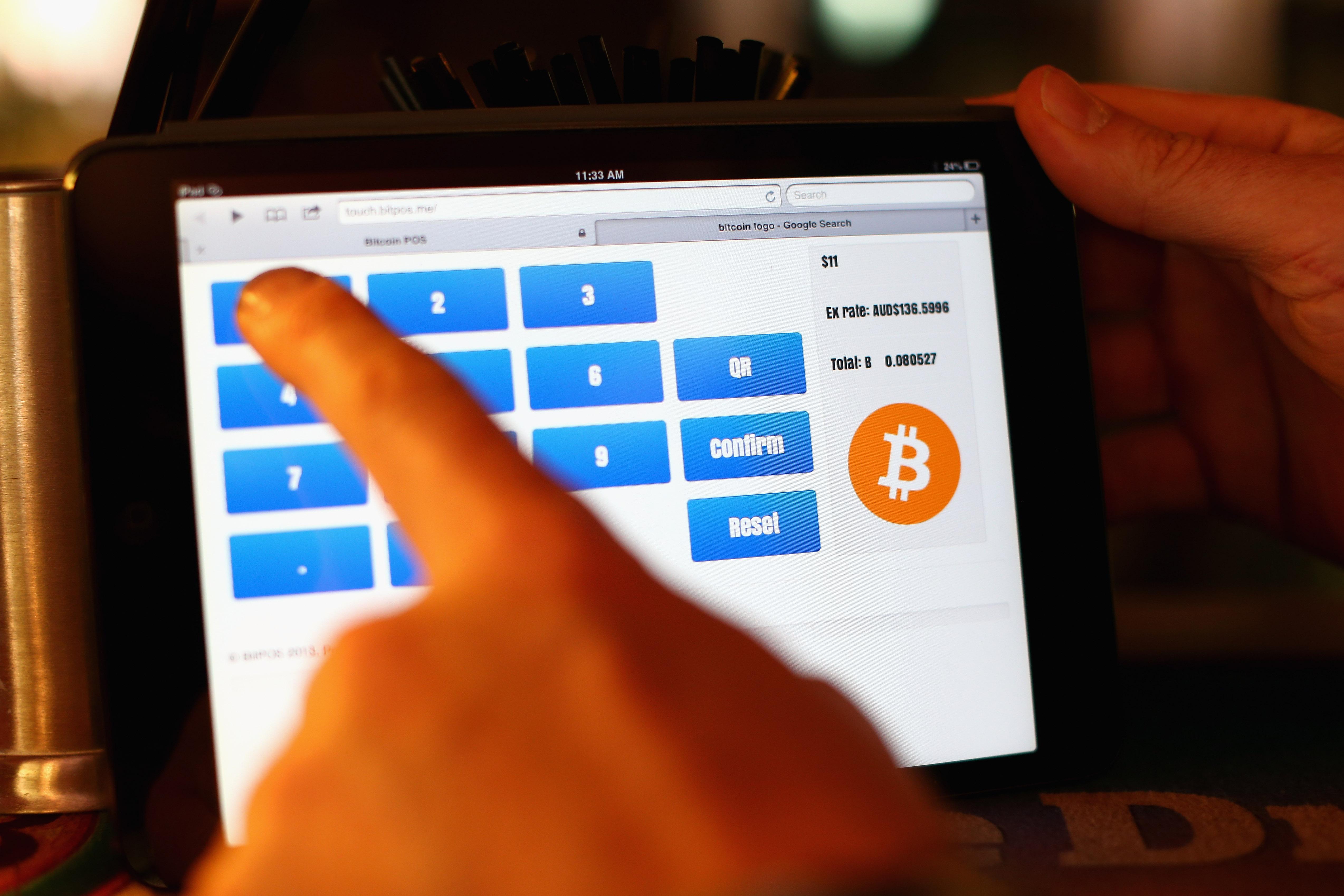Australian Cryptocurrency Taxes: Rates and Exceptions, Explained
Cryptocurrency adoption in Australia is going strong. Do people have to pay cryptocurrency taxes in Australia? If so, are there any exceptions?
Dec. 9 2021, Published 3:50 p.m. ET
The land down under is a crypto pioneer. Australia has the third-highest rate of cryptocurrency adoption in the entire world, according to Finder's Cryptocurrency Adoption Index.
With so much crypto buying, holding, and selling going on, traders should be aware of the tax rules that govern cryptocurrency in Australia. Are gains for Bitcoin and other cryptocurrencies taxed in the country?
Crypto adoption in Australia has been strong.
As of October 2021, a full 17.7 percent of Australians own some form of cryptocurrency. This is higher than the global rate of 11.4 percent. The top five cryptocurrencies in the country are:
Bitcoin (accounts for 65.2 percent of crypto owned by Australians)
Ethereum (42.1 percent)
Cardano (26.4 percent)
Dogecoin (23 percent)
Binance Coin (14.6 percent)
The only two countries with higher rates of cryptocurrency adoption are Nigeria (24.2 percent) and Malaysia (18 percent).
Cryptocurrency has been ingrained in Australian culture since the early days of Bitcoin. About eight years ago, a pub in Sydney started accepting payments in Bitcoin. Now, Australians can buy practically anything with Bitcoin (from hotel stays to medical services), and many do.
Are Bitcoin gains taxed in Australia?
Much like in the U.S., gains from Bitcoin and other cryptocurrencies are taxed in Australia.
Australian regulators define cryptocurrency as an asset, which means that it's subject to capital gains taxes and income taxes. The ATO (Australian Taxation Office) says that because of this taxation, "Everybody involved in acquiring or disposing of cryptocurrency needs to keep records in relation to their cryptocurrency transactions."
What are Australia's cryptocurrency taxes?
In Australia, realized gains on cryptocurrency are subject to a capital gains tax. Capital gains go into effect when you sell, gift, trade, exchange, or convert your crypto to make purchases. By holding your cryptocurrency assets for at least a year (long-term capital gains), you can save 50 percent on capital gains taxes. Those who sell before a full year (short-term capital gains) must pay their income tax rate on gains.
For the Australian tax year 2021–2022, the income tax rates are as follows:
0 percent on income up to $18,200 AUD
19 percent on any income at $18,201 or above until $45,000
32.5 percent on any income at $45,001 or above until $120,000, plus $5,092 for the first $45,000 in income
37 percent on any income at $120,001 or above until $180,000, plus $29,467 for the first $120,000 in income
45 percent on any income $180,001 or above, plus $51,667 for the first $180,000 in income
Some cryptocurrency holders might be subject to an income tax. In this case, the Australian government delineates between a "trader" and an "investor."
Investors are individuals investing in cryptocurrency or other assets with the hope of future returns. Investors can access the 50 percent short-term capital gains tax discount.
Meanwhile, traders are actively buying and selling crypto and using the returns as a source of income. In this case, any returns are taxed at the regular income tax rate regardless of how long the trader holds the assets.
Can you avoid paying crypto taxes in Australia?
Australia doesn't apply taxes to crypto in certain cases:
Buying, holding, or receiving crypto as a gift
Participating in hobby-level mining and earning crypto through that avenue
Transferring crypto between two of your own personal wallets (you will still face transfer fees)
Using crypto to buy goods and services below $10,000
Donating your crypto to a registered charity


